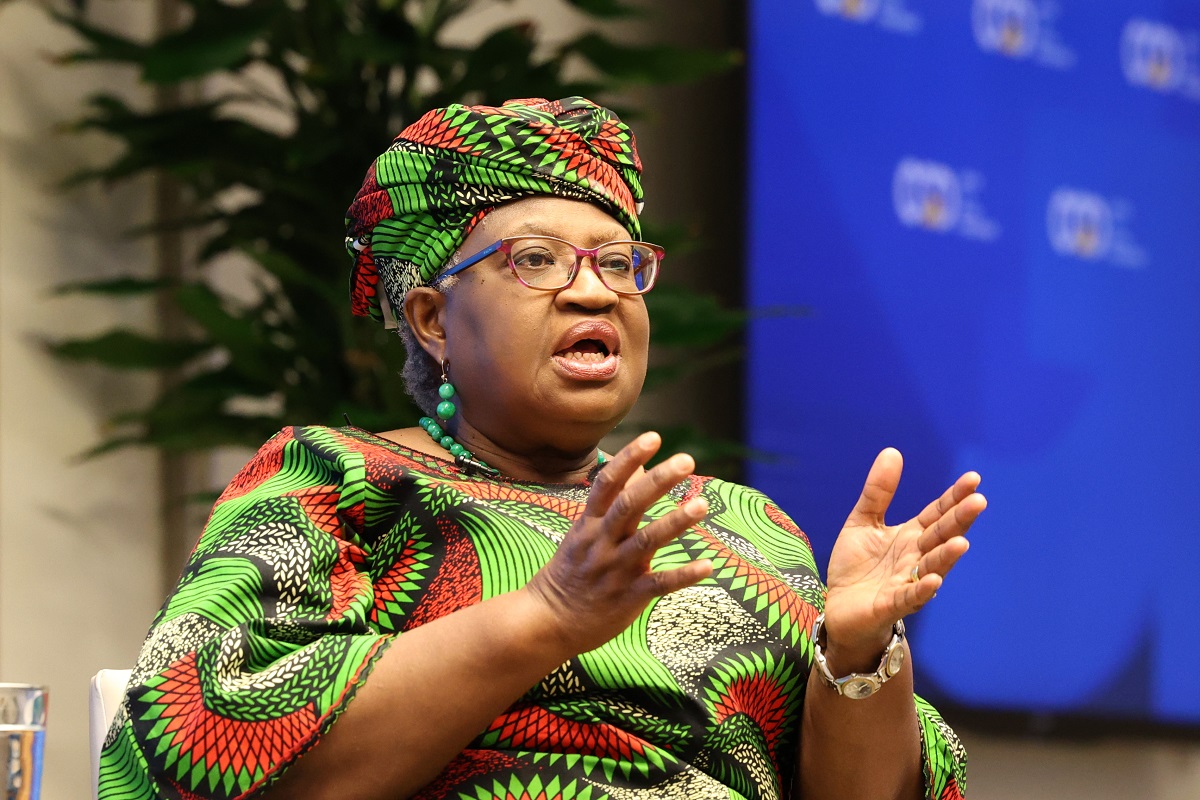The leadership selection process for the next Director General of the World Trade Organization (WTO) is underway. As I explained in a recent
Wonkcast, we at CGD are making a modest contribution by inviting each of the nine candidates to be a guest on the show. My first guest is Mari Pangestu, Minister of Tourism and Creative Economy in Indonesia, and former trade minister. In our interview, Minister Pangestu lays out her vision for the WTO and explains why she believes should be the best choice to move the organization forward.She begins by explaining why Indonesia is an important player in helping the WTO to promote inclusive development through trade."I think the multilateral trading system is a very key part of development, and keeping open trade will hopefully continue to be a mandate for the WTO," Minister Pangestu says. "Developing country members now outnumber developed country members in the WTO. Indonesia, being a large emerging developing country, can bring to the table a way forward for trade and development."Minister Pangestu tells me about her experience as a negotiator in the 2005 and 2008 WTO trade talks, and explains why those experiences show she can be a Director General that serves the interests of all its members."The WTO has 157 members, but it would be unwieldy to have a meeting with all of them, so the WTO works on the concept of groups being represented in a room," the minister explains. "In 2005, there were about 30 people in the room and I represented a group of developing countries who were making sure development issues in the agricultural negotiations were kept integral. I had to go out of the room every time a position was changed to check with my group. That's how negotiations are done in a democratic process -- you have to be able to find a middle ground."I ask Minister Pangestu what she would do about the Doha round of trade talks -- the difficult-to-complete development round of trade liberalization negotiations. G-20 leaders routinely pledge to complete the round, I say, but trade experts increasingly seem to feel it’s a lost cause. Is it?"I think we have to keep an open mind on how we can revitalize the multilateral negotiation process, and not focus so much on just completing Doha," the minister says."If we can't complete it by a certain date, can we complete it in stages? Can we look at it more practically? At the end of the day, most countries and the business sector believe a complete and comprehensive multilateral negotiation is still the way to go, so Doha will still be a priority."Looking beyond Doha, I ask Minister Pangestu what the Director General should do to address emerging issues like carbon tariffs or food security. She tells me there is room for environmental issues in the WTO, and she says she would work to ensure that discriminatory actions are not taken in the name of carbon taxation. The minister also emphasized that completing trade facilitation negotiations would be a priority if she were Director General.Mari Pangestu is one of three women vying for the position of Director General. All previous Director Generals have been male. I ask her if gender should come into the trade negotiation process."I think women are somewhat underrepresented in the trade world," she says. "We definitely want the participation of women in the trade world to be increased, but not at the sake of merit and capability."Several more interviews are in the works. To learn when they are posted,
sign up for our weekly Development Update.
My thanks to Alex Gordon for editing the Wonkcast and for drafting this blog post.CGD blog posts reflect the views of the authors, drawing on prior research and experience in their areas of expertise.
CGD is a nonpartisan, independent organization and does not take institutional positions.





